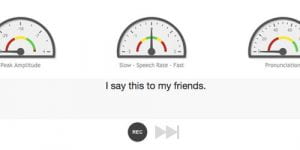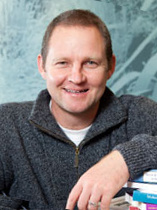Examining the experience of healthy voice donors during the ModelTalker voice banking process.
Journal: Perspectives of the ASHA Special Interest Groups
Published: August 2019
DOI: https://doi.org/10.1044/2019_PERS-SIG2-2018-0011
Purpose
Voice banking is the process of recording an individual’s speech to create a personalized synthetic voice to use on speech-generating augmentative and alternative communication devices. This study set out to examine the experience of healthy voice donors during the ModelTalker voice banking process and to identify specific issues related to voice banking in the New Zealand context.
Method
Eight healthy adults and 2 children completed the ModelTalker voice banking protocol. All participants completed a questionnaire about their voice banking experience, including the length of time required as well as the ease and the technical aspects of the process.
Results
The median time taken to complete the voice banking process was 5 hr 30 min (range: 3 hr 10 min to 11 hr). Questionnaire responses included themes related to the voice banking process, such as increased awareness of voice banking and its benefits, positive features and challenges of the ModelTalker process, and potential adaptations for the New Zealand context.
Conclusions
The findings support the use of ModelTalker with New Zealand speakers and inform development of voice banking protocols. The voices created as part of this study are available for people using speech-generating devices who want to use New Zealand–accented voices. Future research is needed to investigate the voice banking experiences of clinical populations, such as people with amyotrophic lateral sclerosis.

